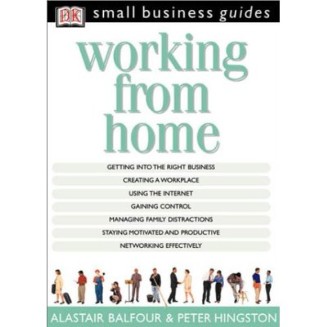Be a Better Worker - heimverdienstideende
Hauptmenü
- Herzlich Willkommen
- Menütrennlinie 37
- Be a Better Worker
- Menütrennlinie 1
- Was mögen Sie ?
- Menütrennlinie 3
- Spenden
- Menütrennlinie 2
- Ziele H.N.I.
- Menütrennlinie 38
- Inhalt und Themen
- Menütrennlinie 4
- Frage 1
- Menütrennlinie 5
- Frage 2
- Menütrennlinie 6
- Frage 3
- Menütrennlinie 7
- Frage 4
- Menütrennlinie 8
- Frage 5
- Menütrennlinie 9
- Frage 6
- Menütrennlinie 10
- Frage 7
- Menütrennlinie 11
- Frage 8
- Menütrennlinie 12
- Frage 9
- Menütrennlinie 13
- Frage 10
- Menütrennlinie 14
- Frage 11
- Menütrennlinie 15
- Frage 12
- Menütrennlinie 16
- Frage 13
- Menütrennlinie 17
- Frage 14
- Menütrennlinie 18
- Frage 15
- Menütrennlinie 19
- Frage 16
- Menütrennlinie 20
- Frage 17
- Menütrennlinie 21
- Frage 18
- Menütrennlinie 22
- Frage 19
- Menütrennlinie 23
- Frage 20
- Menütrennlinie 24
- Frage 21
- Menütrennlinie 25
- Frage 22
- Menütrennlinie 26
- Frage 23
- Menütrennlinie 27
- Frage 24
- Menütrennlinie 28
- Frage 25
- Menütrennlinie 29
- Frage 26
- Menütrennlinie 30
- Frage 27
- Menütrennlinie 31
- Frage 28
- Menütrennlinie 32
- Frage 29
- Menütrennlinie 33
- Frage 30
- Menütrennlinie 34
- Frage 31
- Menütrennlinie 35
- Frage 32
- Menütrennlinie 39
- Video zum Thema
- Menütrennlinie 40
- Geld verdienen
- Menütrennlinie 41
- Bücher lesen
- Menütrennlinie 42
- Direktvertrieb
- Menütrennlinie 43
Be a Better Worker
***
-
-
***
BY KLINT FINLEY
***
More Americans are working from home than ever, but doubts remain about worker productivity.
If you are a U.S. worker, there`s a 10 percent chance that you work from home at least once a week, and a 4.3 percent chance that you work from home most of the time.
And if you`re one of those working from home, you`re likely a more productive worker, at least according to a study recently published by Stanford.
More employees working from home than ever before, and yet widespread skepticism about the practice remains. Policies vary wildly from company to company, even within the same industry.
For example, according to the paper, JetBlue`s call center employees work from home the vast majority of the time, but Delta and Southwest have no work-
To study whether employees are more or less productive at home or in the office, the researchers created perhaps the first randomized study of remote work at Ctrip, a travel agency in Shanghai, China with 13,000 employees.
One of the co-
Ctrip was concerned about the rising costs of office space, and a 50 percent annual attrition rate.
The company found 255 employees in its airfare and hotel divisions who both wanted to work from home and met a few requirements to do so.
(They had worked for the company for at least 6 months, had broadband access at home and a private room to work from.)
The researchers then split those 255 volunteers into two groups: those with even-
Employees who worked from home had the same supervisors (who were all office-
During the 9-
A 12 percent increase in productivity for the at-
The researchers speculate this was due to quieter working conditions.
No negative spill-
A 50 percent decrease in attrition among the work-
Substantially higher work satisfaction as measured by a survey among the home group .
After the study was over, Ctrip offered all qualified employees across the company the opportunity to work from home.
The researchers continued tracking stats for a few more months and noticed something interesting:
Employees who were already more productive tended to chose working from home while less-
That suggests that not only will letting call center workers work from home increase their productivity, it may also help attract (and retain) better workers.
The results might not map perfectly to other types of knowledge work. Call centers not only provide an easy way to monitor productivity, but a steady flow of tasks.
More fluid or self-
From:
***
http://www.wired.com/wiredenterprise/2012/08/working-
***
